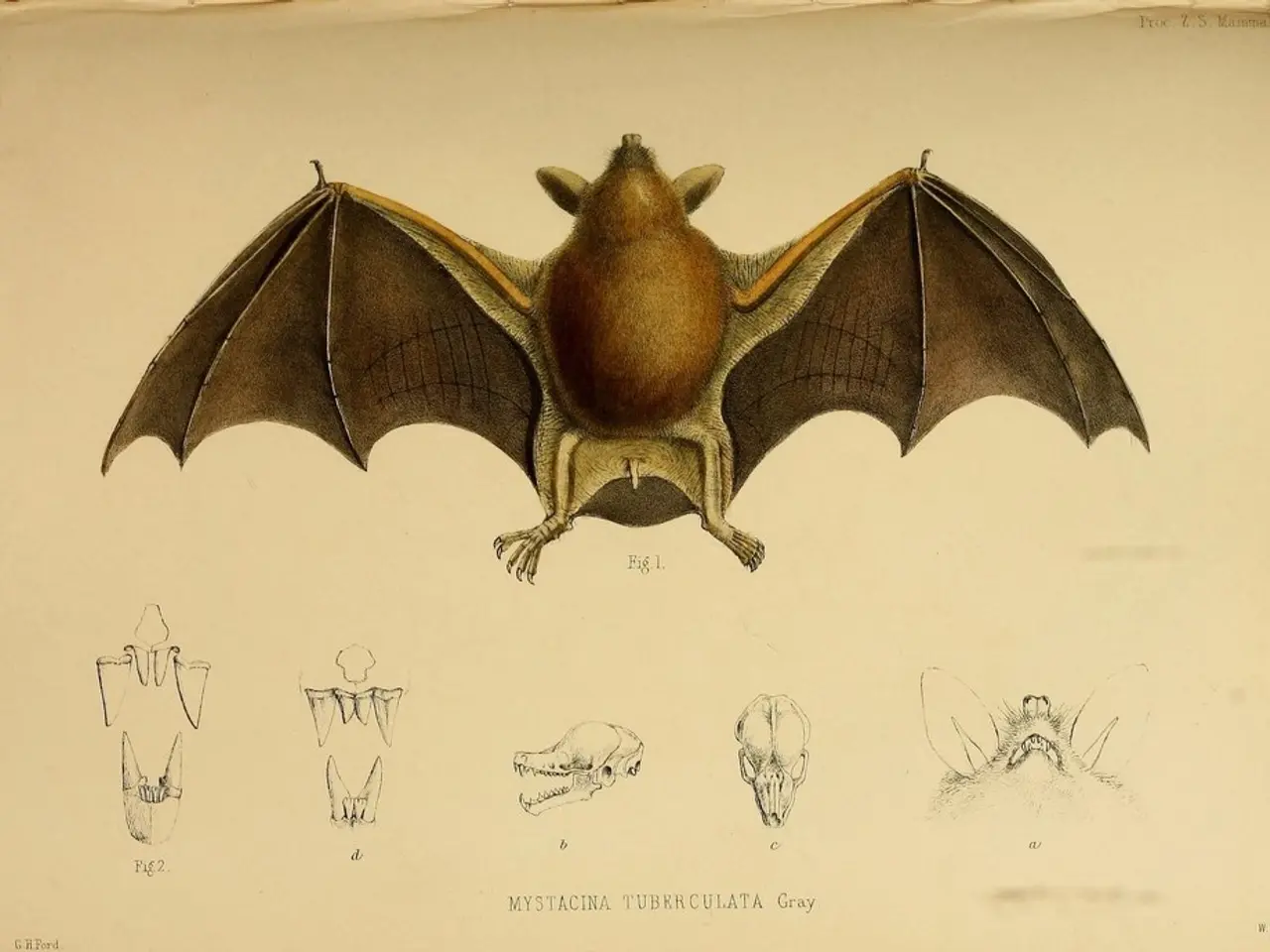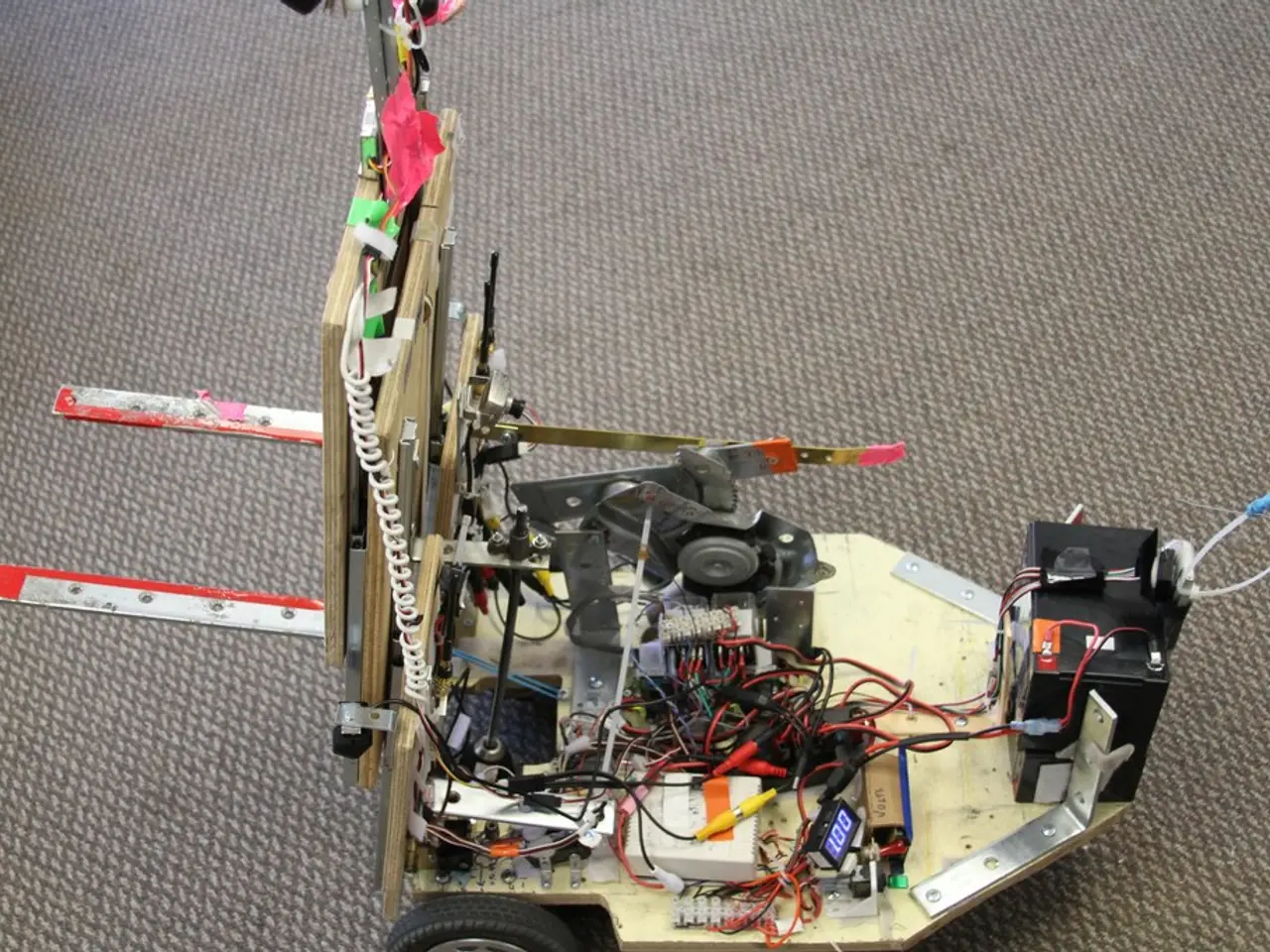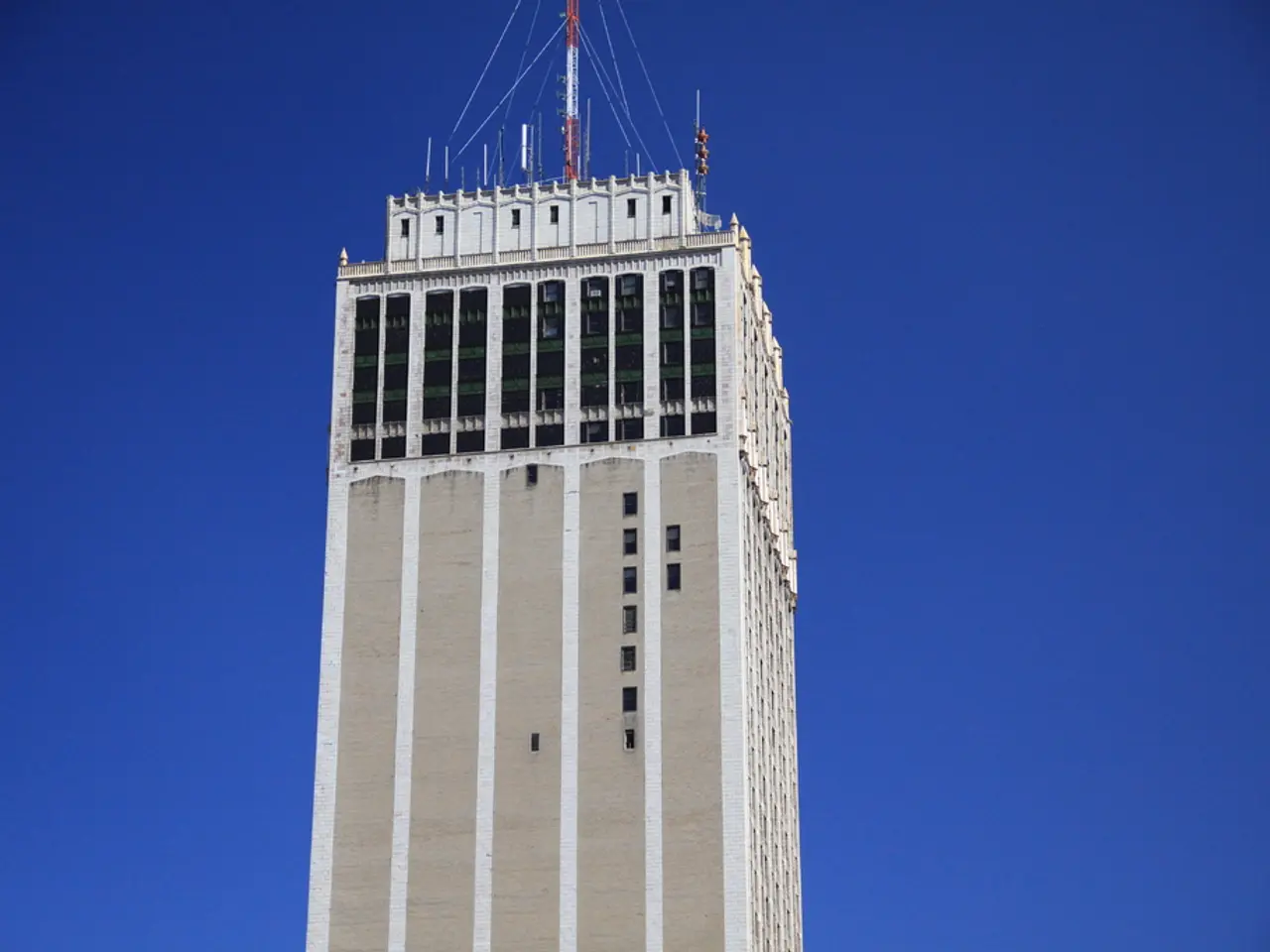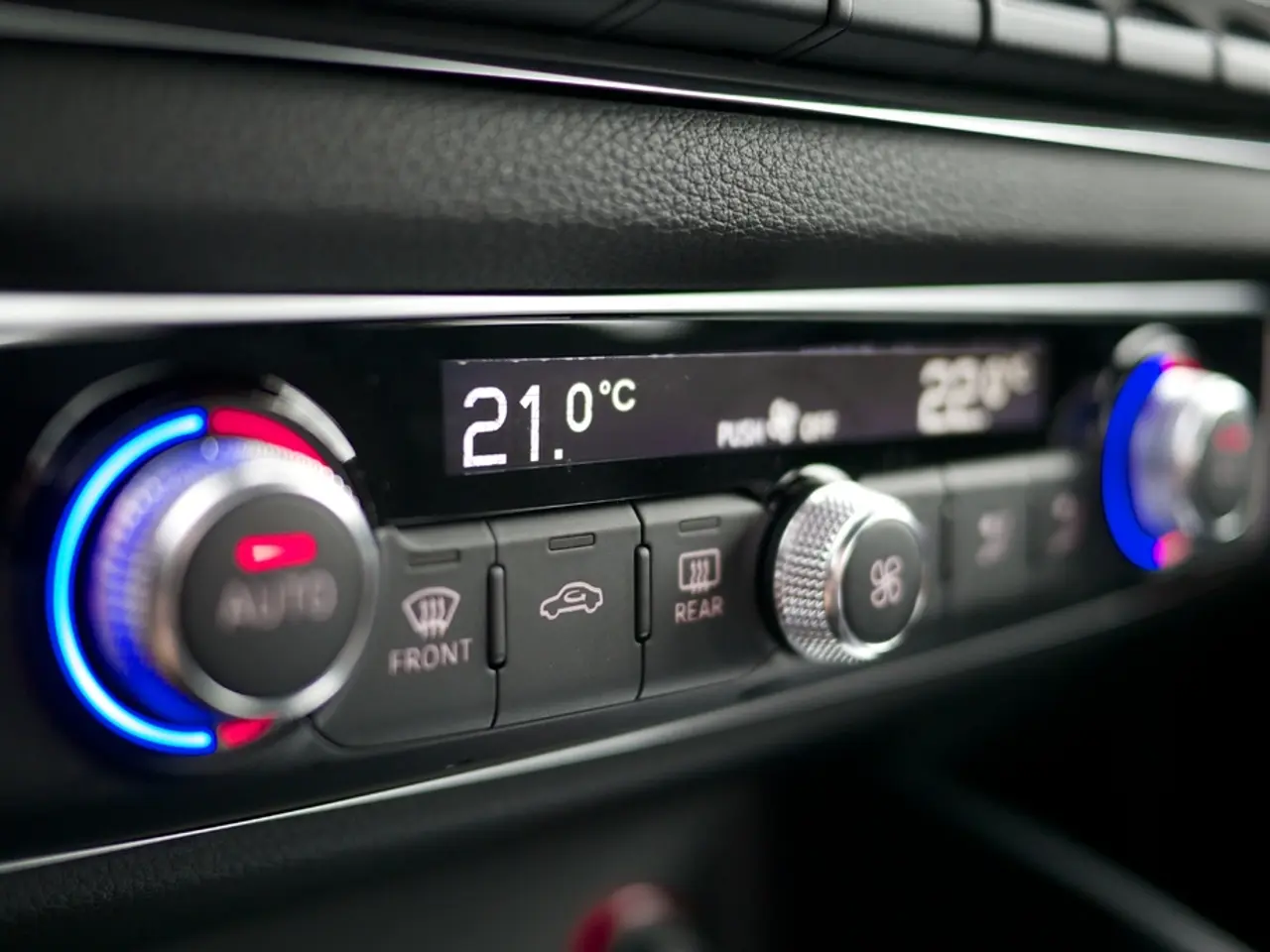"In Münster, a span of two years has been dedicated to exploring advanced battery technology"
In the heart of North Rhine-Westphalia, the cities of Münster have become a beacon of innovation in the field of battery research, with the MEET Battery Research Centre and the Helmholtz Institute Münster (HI MS) leading the charge.
Established in 2010 and 2014, respectively, these institutions have grown into significant players in German and European battery research, serving as hubs for innovation across the entire battery value chain.
The MEET Battery Research Centre, based at the University of Münster, boasts a team of around 150 scientists working on a comprehensive spectrum of battery research. From materials analytics and development to battery cell production and recycling of energy storage systems, MEET's research strengthens the entire supply chain of battery technology, positioning it as a beacon of German battery research.
Recognised as a "Place of Progress" by North Rhine-Westphalia in 2012, MEET also fosters innovation and commercialisation, as exemplified by the spin-off company E-Lyte Innovations GmbH. The institute's work supports sustainable energy solutions and strengthens Europe's competitiveness in the global battery market.
The Helmholtz Institute Münster, funded through the Helmholtz Association since 2015, has around 90 researchers focused specifically on the electrolyte—the crucial component in every battery cell. The institute emphasises strategic national and international collaborations to push electrolyte innovation and next-generation battery technologies.
The collaboration between MEET, HI MS, and other institutions, such as the Fraunhofer Research Institution for Battery Cell Production (FFB), alongside university groups and industry partners, has turned Münster into a major battery research and development hub. About 500 scientists in Münster work on sustainable battery production, supported by local entities like the Technology Promotion Agency Münster and the Chamber of Industry and Commerce Nord Westfalen.
Both MEET and HI MS act as cornerstones in building a European battery ecosystem, contributing cutting-edge research, fostering innovation, and enabling collaboration across borders. They play a vital role in advancing batteries crucial for electrification, energy storage, and decarbonization efforts on a continental scale.
As these institutions celebrate their respective 15th and 10th anniversaries, their role in Germany's leadership in battery research becomes even more evident. Under the leadership of chemist Prof. Dr. Martin Winter, both institutions are scientifically leading the way towards independent battery cell production in Europe.
The future looks bright for these institutions, with a new building in Corrensstraße planned to be occupied from 2026. The event to mark their anniversaries was attended by numerous guests from politics and science, including Federal State Secretary Dr. Rolf-Dieter Jungk, NRW Minister of Science Ina Brandes, NRW Minister of Economics and Climate Protection Mona Neubaur, and Münster's Mayor Markus Lewe.
As the world moves towards a more sustainable and electrified future, the research conducted by MEET and HI MS will be crucial in making batteries more powerful, environmentally friendly, and affordable, supporting Germany's and Europe’s ambitions for sustainable and competitive battery technologies.
Science and technology are integral to the cutting-edge research being carried out by the MEET Battery Research Centre and the Helmholtz Institute Münster (HI MS) in Münster, Germany. These institutions, with their focus on battery research, are fostering innovation and collaboration across the battery value chain, contributing to Europe's competitiveness in the global battery market and advancing batteries crucial for electrification, energy storage, and decarbonization efforts.




